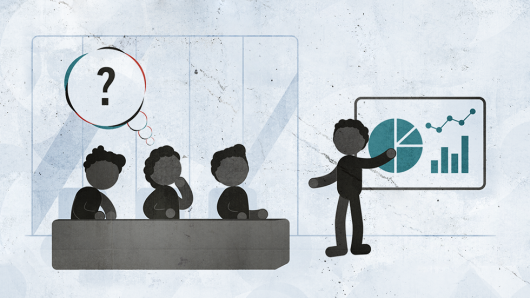Course description
We frequently look upon the modern world and characterize it in naturalistic and secular terms. But at the extremities of human behavior and human suffering, whether individual or social, we find ourselves calling people, groups, and situations evil. What do we mean by this? What is the difference between something being evil, or just wrong? What typifies actions we deem evil and what should we do about them? What does our appeal to evil say about our sense of humanity, religion, God? This course takes up these questions through a variety of lenses drawn from Western thought: religious, philosophical, theological, and ethical. Readings include Jewish and Christian scriptures (Genesis, Job, Paul), classic theologians and philosophers (Augustine, Leibniz, Kant), novelists (Dostoevsky, Dillard), and contemporary critics (Nieman, Arendt, Gouri). The last portion of the course turns from ideas to situations, looking at cases such as the Eichmann trial, the use of evil in contemporary American political discourse, our location relative to nature, and a parent's reaction to the murder of a child to query our contemporary thinking about evil and suffering.





